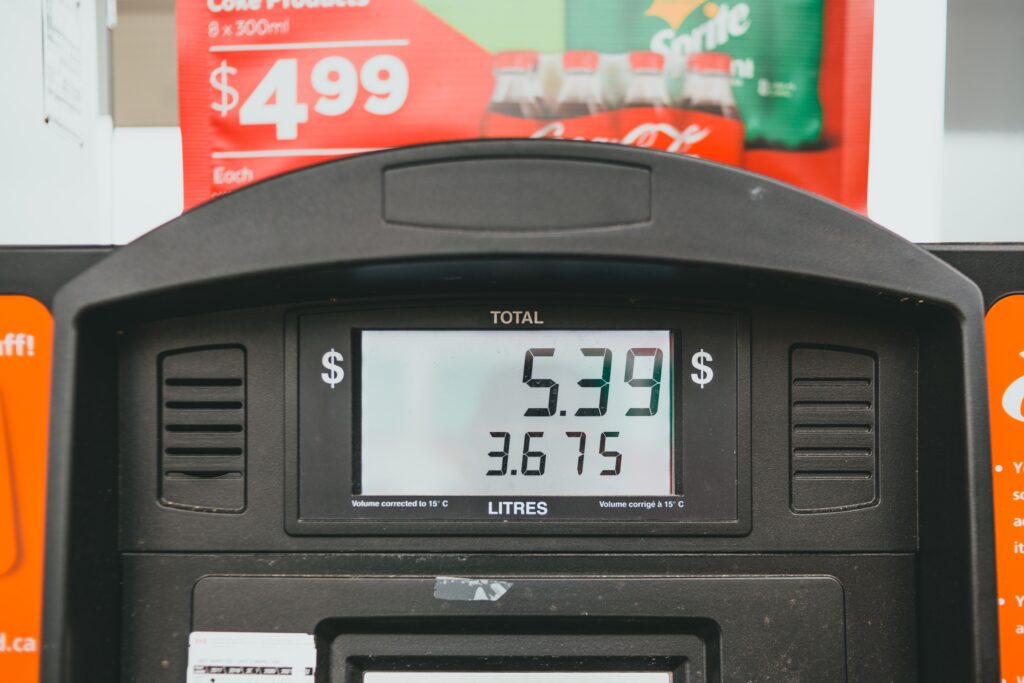Are you depending on retail prices published on a government portal for your market intelligence?
If so, how reliable is that data?
Several jurisdictions around the world now mandate that all sites in the fuel sector notify a regulatory authority of their prices on a regular basis — Germany, Mexico, Spain, Portugal, and Australia to name a few.
These prices are usually then published on one or more websites and mobile apps in the hope of increasing transparency for the consumer and driving competition between fuel companies.
While the intention behind such schemes is commendable, our experience has repeatedly shown that the data published on these websites cannot be relied upon.

As outlined in our previous article, local dealers’ ability to gain from the reporting of inaccurate prices means that the figures that are reported to these government authorities are frequently inaccurate.
Government authorities have little appetite for audit processes and enforcement action against sites. They rely instead on motorists who quickly realise the sites’ pole sign prices are a better reflection of reality.
One recent study we conducted in Italy, for example, showed:
- Numerous cases of inherently faulty data (e.g. five price changes in one minute)
- 30% of sites were selling at a higher price than that being reported on the government portal, with discrepancies as high as €0.13 per litre
- Over a quarter of sites failed to publish any price changes over a 1-week period, clearly not a reflection of market dynamics
- 7.5% of sites failed to publish any price changes over a six-month period
These issues are not confined to the Italian context as we have encountered similar discrepancies in all jurisdictions.
It is also worth noting that only a small number of motorists take any notice of prices published online.
Industry data indicates that around two thirds of drivers purchase their fuel from the same few petrol stations, and most do not proactively search for pricing information when purchasing.
The upshot of all of this is that consumers and regulators tend to be apathetic towards the large-scale but little-known problem of incorrect price reporting.
The result? Those motorists and fuel companies around the world who continue to rely on this poor quality data will be incurring losses. For fuel companies, this means millions in lost margins.
Fuel companies should be keenly aware of the dangers associated with relying on this substandard data.
Join us for our next article as we examine the benefits of third-party manual price collections to obtain pricing data.
